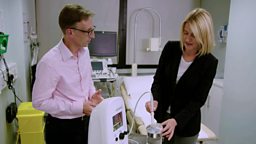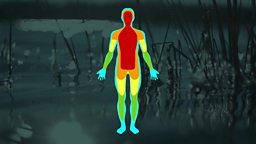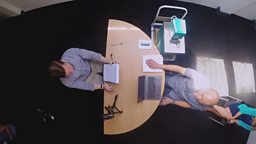What is PTSD and what can you do about it?
Post Traumatic Stress Disorder or PTSD is often thought of as a condition that exclusively affects soldiers returning from war zones.

However, anyone can develop PTSD after experiencing or witnessing traumatic events, and those events aren’t necessarily physical or violent ones. Emotional traumas such as bullying or abuse can often lead to PTSD and the impact of these tends to be worse the younger you are.
Around 1 in 3 people in the UK will have a traumatic experience at some point in their lives, and in the last month four per cent of us will have suffered from PTSD.
Sometimes symptoms of PTSD only surface many years after the experience of trauma.
Left untreated, PTSD can develop into a serious condition that prevents a sufferer from functioning normally.
If you’re concerned that you, or somebody you know, might be suffering from PTSD, what are the signs to look out for?
Symptoms include:
- Flashbacks where the person vividly re-lives the traumatic event or a similar scenario
- Difficulty sleeping, or nightmares
- Physical sensations without obvious direct cause such as pain, sweating, nausea or trembling
- Negative or self-destructive thoughts or behaviour
- Being emotionally switched-off
To access treatment, your GP should be your first port of call. A psychological therapy may be the next step, for example trauma-focused cognitive behaviour therapy or CBT.
PTSD can be very difficult to recognise – even professionals can misunderstand and misdiagnose it, particularly if the trauma was a long time ago. However, treatment is usually effective, and with the right care sufferers can expect to recover.





























